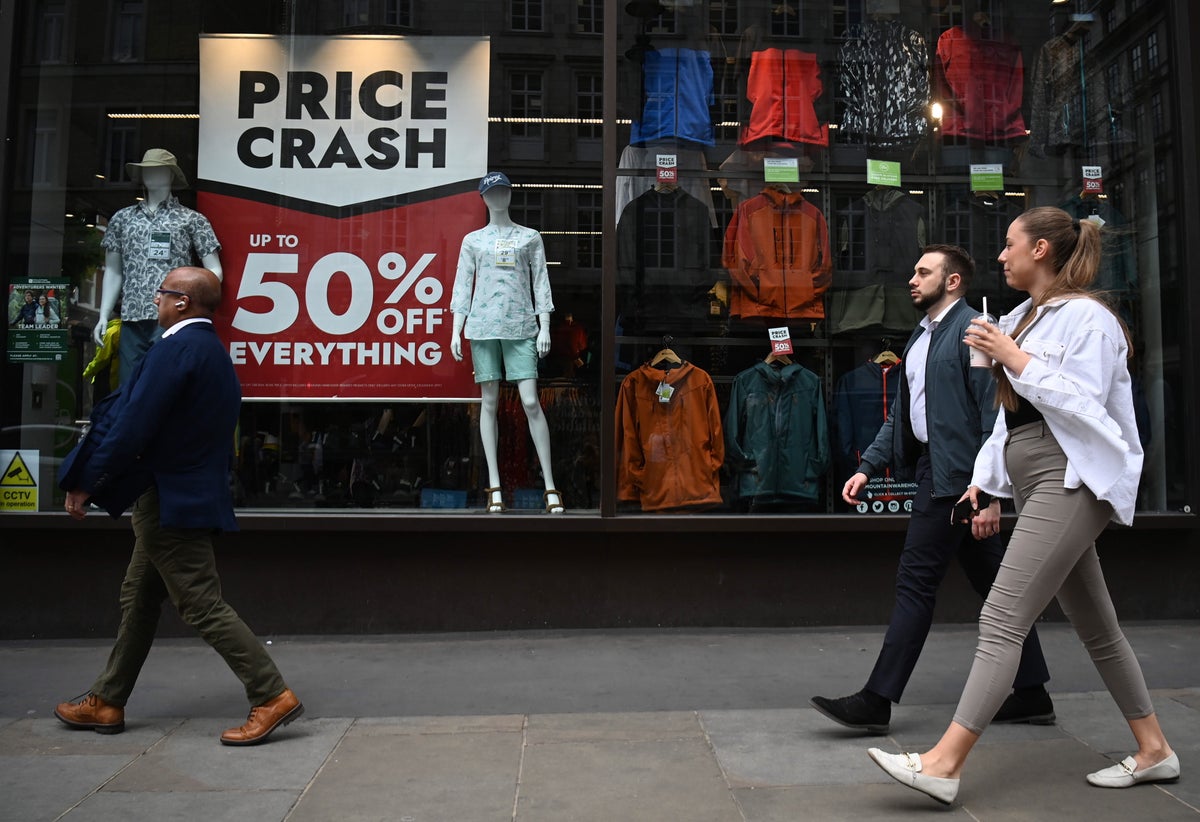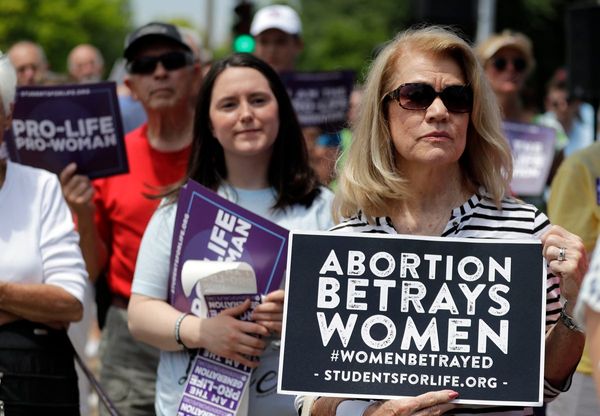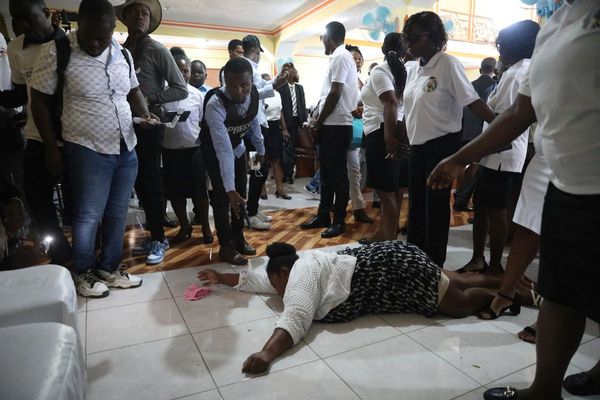
Britain will plunge into a year-long recession this autumn in which households will be hit by the deepest fall in living standards on record, the Bank of England has warned.
In one of its bleakest ever assessments of UK economic prospects, the Bank’s Monetary Policy Committee (MPC) said inflation will now peak at 13.3 per cent in the final three months of this year as average energy bills treble from £1,200 in 2021 to £3,500 by October.
The economy is now forecast to shrink in five consecutive quarters for the first time since the global financial crash of 2008.
The inflation forecast was up sharply from the 9.4 per cent predicted just three months ago, with prices now on track to continue rising rapidly throughout 2023.
It means the cost of living crisis will continue throughout next year and only begin to ease in 2024, according to the Bank’s latest forecasts. Real household incomes are expected to decline by around 5 per cent, on average, over two years – the deepest fall since records began in 1960.
The dire figures will cause concern for whoever becomes the next prime minister.
Liz Truss has pledged to slash taxes by billions in a bid to win over Conservative Party members, while Rishi Sunak has attacked the plan as being fiscally irresponsible.
Neither candidate has laid out detailed plans for how they would support families struggling through a rapidly worsening cost of living crisis.
Joseph Rowntree Foundation chief economist Rebecca McDonald said: “We already know 7 million low-income families had to sacrifice food, heating, even showers, this year because they couldn’t afford them.
“While the government might have taken a break from acting on the cost of living emergency, these families can’t take a holiday from the year of financial fear.
“They will be wondering why further urgent solutions needed to shore up family finances ahead of the winter are not yet being put in place.”
Labour’s shadow chancellor Rachel Reeves, said: “This is further proof that the Conservatives have lost control of the economy, with skyrocketing inflation set to continue, while mortgage and borrowing rates continue to rise.
“As families and pensioners worry about how they’re going to pay their bills, the Tory leadership candidates are touring the country announcing unworkable policies that will do nothing to help people get through this crisis.”
Experts said that energy costs could rise further still in January, with Investec predicting bills for the average household will now hit £4,210 in January, when regulator Ofgem revises its price cap.
The MPC warned that there was “exceptionally large” risk around its latest projections, and the situation could deteriorate further if gas prices move higher still.
Analysts believe that scenario is increasingly likely after Russia cut back supplies to Europe last month and governments across the continent began to ration supplies.
Even after the economy begins to grow, further pain lies in store, with unemployment set to climb from 3.8 per cent to 6.3 per cent in 2025.
Despite the bleak outlook, the Bank’s nine-member MPC voted eight-to-one in favour of hiking interest rates by 0.5 percentage points to 1.75 per cent – the highest since January 2009.
Overall, the economy is expected to shrink by 2.1 per cent, meaning the recession will be of comparable scale to those of the early 1990s and 1980s, the Bank said.
When the country emerges from recession in 2024, the Bank expects growth to remain close to zero throughout the following year.
The massive increase in inflation will also hammer the public finances, adding billions to government debt and to interest payments on bonds that are indexed to inflation.
Andrew Bailey, the Bank’s governor, defended the rate hike, arguing that persistent inflation would be “even worse” if interest rates were not increased and that lower-income households would be hardest hit.
Chancellor Nadhim Zahawi said: “Addressing the cost of living is a top priority and we have been taking action to support people through these tough times with our £37bn package of help for households, which includes direct payments of £1,200 to the most vulnerable families and a £400 discount on energy bills for everyone.
“We are also taking important steps to get inflation under control through strong, independent monetary policy, responsible tax and spending decisions, and reforms to boost our productivity and growth.”







